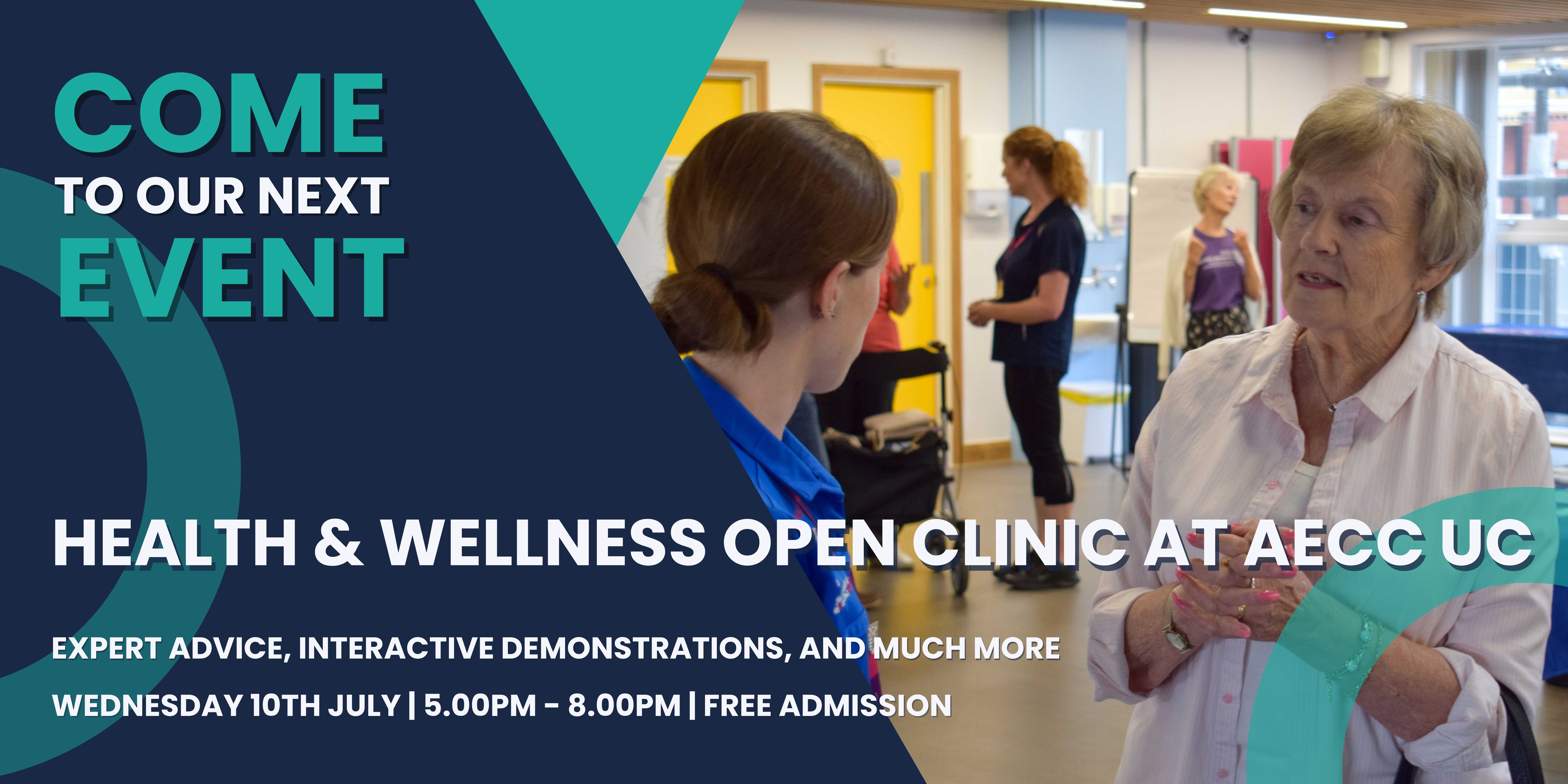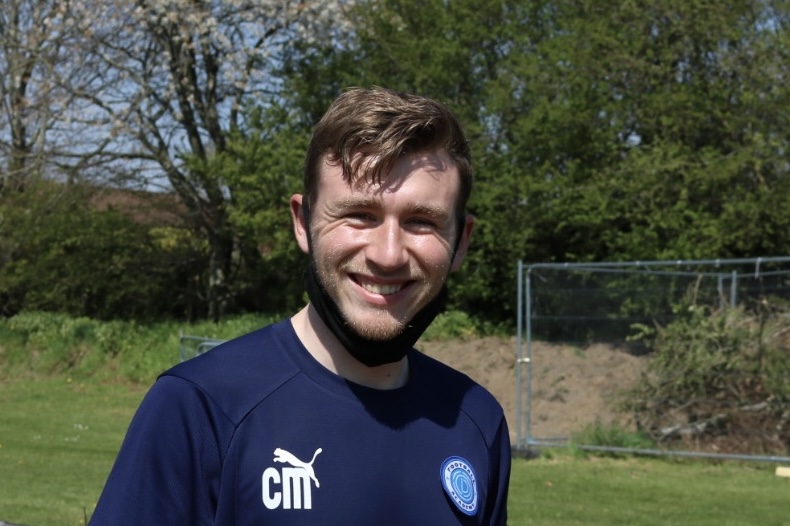Overview
The aim of this course is to enable clinicians with a specialist interest in diabetes to improve their knowledge and skills for promoting excellent diabetes care.
Diabetes is increasing in prevalence, and it is essential that healthcare professionals are competent to support this patient population and provide outstanding diabetes service. To enhance career progression, healthcare professionals will seek an expert understanding of diabetes population health and ways in which to best engage and support people with diabetes. This course will meet the needs of multidisciplinary clinicians working in both primary and secondary care.
Course Details
Who is this course for?
This PGCert Innovation in Diabetes Practice caters to healthcare professionals interested in advancing their understanding and skills in managing diabetes, particularly in diverse and often marginalised populations.
The aim of this course is to empower clinicians with some clinical responsibility for diabetes to elevate their expertise and contribute to delivering exceptional diabetes care.
How is this course structured?
This postgraduate certificate will be part-time consisting of 3 separate Level 7 units (20 credits each). These will follow in succession over a 1 year time period. The course will be in the format of a blended learning style combining both distance online learning with traditional face-to-face teaching methods.
The 3 units include:
- Concepts of diabetes care
- Diabetes care for individuals with mental and behavioural disorders
- Innovation for improvement
The first introductory unit will cover different types of diabetes and basic management, including structured education and other resources. The second unit will focus on diabetes in those with a pre-existing mental health condition, serious mental illness, dementia or learning disability, also covering different behavioural circumstances such as alcohol use. The third unit will focus on innovation and improvement, with students developing a proposal to improve diabetes services.
Please note: This course is subject to approval
Unit Breakdown
Concepts of diabetes care 
Units
Concepts of diabetes care
This core foundational unit will cover essential concepts of diabetes care and management. The primary focus will be on diagnosis of different types of diabetes, as well as establishing a thorough understanding of diabetes management. Principles of care will be explored, including annual diabetes review processes and the importance of regular monitoring to reduce diabetes-related complications. You will learn about structured diabetes education and self-management approaches. Holistic and step-wise management will be studied, including initial interventions with lifestyle modification and dietetic review. Furthermore, an in depth understanding of intensifying diabetes management will be covered starting with oral medication and progressing to insulin or other injectable therapies. Techniques to support patients to achieve glycemic control and other targets as set out in national guidelines will be considered.
This unit will be delivered through a blended learning approach with opportunity for self-directed learning as well as more formal group discussions will take place. You will be encouraged to provide case-based examples to discuss with their group and tutor.
Diabetes care for individuals with mental and behavioural disorders 
Diabetes care for individuals with mental and behavioural disorders
This unit aims to provide healthcare professionals working in community diabetes, general practice and outpatient diabetes with a background on the association between diabetes and mental and behavioural disorders. This will include common mental health problems, addiction, serious mental illness, dementia and learning disabilities. You will explore the identification, assessment and management of these patient groups often left with unmet care needs. You will explore pragmatic approaches to managing diabetes in those who cannot conform to standard treatment measures and make reasonable adjustments to their diabetes care. Through improved communication, recognition of barriers to care in these groups and identification of the importance of collaborative working with other members of the wider team you will expand on your knowledge in order to implement evidence-based management that may incorporate reasonable adjustments based on the individual and their needs. You will have the opportunity to engage in role-play activities to simulate clinical assessment in a challenging scenario which may include simulation activities. You will be required to undertake a formative presentation on a case study from your practice to share with your student peer group and tutor.
Innovation for improvement 
Innovation for improvement
Innovation is about doing things differently or doing new things to make positive change. Innovation is critical to enabling the NHS deliver better outcomes for patients and therefore is everyone’s business. This unit is designed for people working in health and care settings in a role that supports innovation and improvement. The unit will introduce you to the principles of innovation, highlighting various approaches and frameworks which can be applied to innovation initiatives. The unit will be structured based upon the processes of planning, implementation and evaluation. Sustainability of innovation will be central to the unit, exploring the conditions for sustainability alongside essential decision making around stop or spread of innovation. For this unit you will develop an innovation proposal to improve diabetes services.
Entry Requirements
What qualifications do I need? 
What qualifications do I need?
This course is limited to registered healthcare practitioners in a range of settings across primary and secondary care whose patient group includes for people with diabetes. You must therefore be working in a relevant area of clinical practice whilst undertaking this course which includes work-based learning as an essential component to achievement of the course outcomes.
Please note: You will need employers support to attend.
Evidence of prior learning 
Evidence of prior learning
At interview you undertake a skills scan, where this identifies relevant prior academic learning and experience, relevant to the course learning outcomes, consideration will be given to recognition of this prior learning. Prior learning will be reviewed to ensure it meets the learning needs of the course and meets the learning outcomes of any units where exemption is requested.
Is there anything else that’s required? 
Is there anything else that’s required?
If you’re not sure about anything listed here, please contact our Admissions team or call us on 01202 436200 and we’ll be happy to answer any questions you have.
For more information about our admissions policies and procedures, including our Admissions Complaints and Appeals Policy, see latest policies.
Still have questions about applying?

Why choose AECC University College
There are many benefits to studying at AECC University College, from our expertise and history in teaching health sciences, to our state-of-the-art facilities, on-site clinical training, and of course our location on the beautiful Bournemouth coast.
Register your Interest
Register your Interest / Enquiry 
Latest News
Discover and read all the latest news, press releases and happenings here at AECC University College.

Martin Kumm tells the story of his journey from graduation to achieving his dream job as a chiropractor for the EF Education Easy-Post professional cycling team.

Professional ballet dancer Pippa Myres had to re-think her career and is now training to become a podiatrist on the MSc Podiatry course.

On Wednesday 10th July, AECC UC's specialist Multidisciplinary Team (MDT) will be running a free Health and Wellness Open Clinic.

AECC University College is delighted to be a signatory of the Declaration on Research Assessment (DORA).

Callum Moss is a First Year student on the MSc Physiotherapy (pre-registration) course at AECC University College. We recently caught up with him to hear more about his decision to study to become a physiotherapist and why AECC UC is an appealing specialist university.

We hear about Aurora’s work experience within Rugby and why she enjoys studying within the close-knit community at AECC University College.

